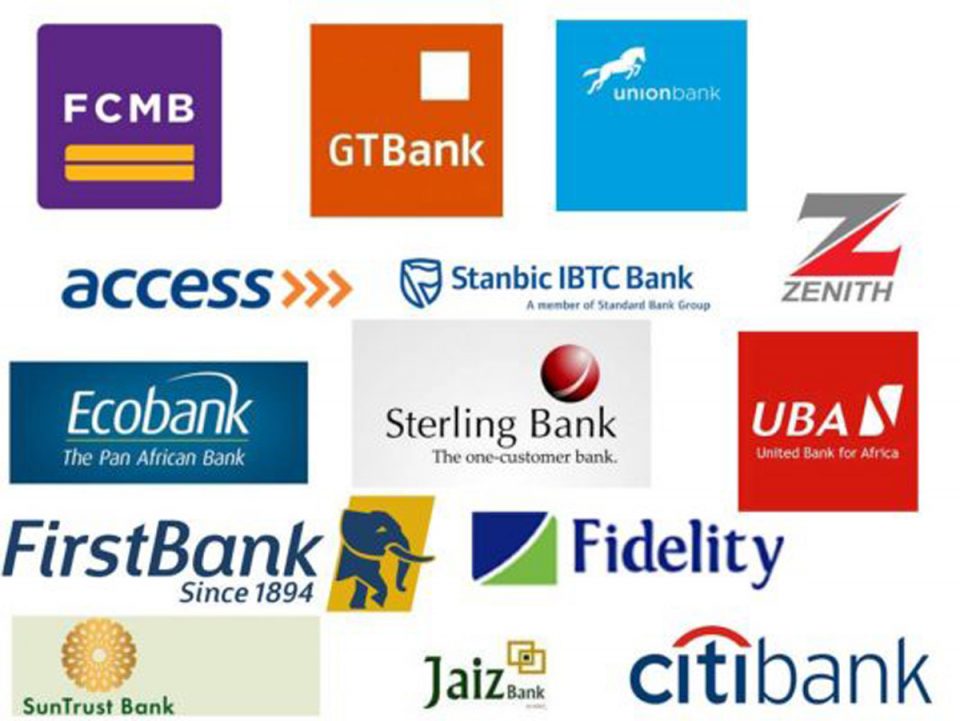It is no secret that Nigeria’s banking sector is becoming increasingly more competitive.
This is especially the case within digital banking space where traditional banks not only have to compete against each other with cutting-edge technology to deliver better financial services, but also have to contend with emerging Fintechs driven by the need to accelerate financial inclusion.
There is now a growing need for financial institutions to maintain a competitive edge especially in the current challenging environment. But for this to be complete, banks need to embark on a deep rooted customer engagement strategy that will enable them to create strong and long-lasting relationships with their customers.
Today, modern customers have various options at their disposal and are willing to switch to another bank should they feel dissatisfied with the kind of customer experience at their current financial institution.
On the other hand, customers having strong bond with their banks are more likely to remain loyal and even recommend them to other users. Loyal customers are also more likely to use banking services regularly and to try out new products and services. This ultimately leads to greater revenue generation and profitability for the financial institution.
Meanwhile, key stakeholders within the banking sector believe that value innovation from a customer experience perspective is necessary where new tactics to improve banking experiences from an end-to-end customer engagement viewpoint available to facilitate the launch of new business models backed by analytical insights.
However, while most banks are on sound footing, Russia’s invasion of Ukraine, ongoing supply chain and energy shocks, persistent inflation, and tightening monetary policy will be felt unevenly across the industry and the potential for a mild recession or stagflation in certain economies is high.
Meanwhile, escalation of geopolitical risks, de-globalisation, and fracturing payments systems are pushing the world toward a new economic order. These forces will likely have implications for global money flows: how, where, and when capital and liquidity are demanded; and the ways every actor in the financial system interacts with one another.
Hence, to navigate through these uncharted waters, banks should reassess traditional product, service, and industry boundaries to create new sources of value. Such opportunities may exist in a number of areas, including embedded finance, tokenized assets, financial technology, digital identity, or green finance.
Some banks have begun this journey, but many could fall behind. The COVID-19 pandemic tested banking leaders’ conviction, and it could be tested again. Nonetheless, banks should not lose sight of their role as financial intermediaries in the new global economic order.
Considering the current landscape, banks that continue to use traditional or conventional digital channels of communication such as SMS, USSD, email and mobile apps, are placed at a disadvantage and are less likely to gain a lead in the market. Instead, the rise of digital banking is prompting banks to focus on new communication channels that will tie their customers to them through enhanced experiences. So while traditional channels will still remain part of the banking landscape, banks must provide additional banking channels and customer engagement platforms to compete in today’s market.
According to Deloitte’s 2023 Banking and Capital Markets’ outlook, forces that will reshape the banking industry’s revenue and profit margins include; retail banking, consumer payments, commercial banking and market infrastructure. Thus, to drive sustainable value, banks can improve on engaging with their customers via conversational banking – something that has not quite worked well enough in Nigeria. Conversational banking is a form of digital banking that empowers banks and customers to interact in real-time through text messaging, voice, mobile apps, and websites for an unprecedented level of service
With better communication, customers receive convenience and a more rewarding experience while banks are able to learn more about their customers’ needs to offer personalised solutions.
Experts have said the emergence of fintechs led to huge competition in the industry and this made banks sit up and adapt or left behind. Speaking during a roundtable event tagged; Leveraging RCS as the next big digital channel in Nigeria – the potential and challenges in Lagos recently, a tech expert and Customer Success Manager at Infobip, Isaac Akanni, said, customers nowadays want to have conversations with their banks while noting that the idea of conversational banking will bring profitability to banks as well as huge customer base.
Akanni said, “Commercial banks did not see any need to do something related to conversational banking but the fintechs came in and innovated the space and now everyone is doing it but it is still a bit low on adoption.
Conversational banking enables banks to shift towards hyper-personalisation, automation and 24/7 availability, which can be harnessed to deliver personalised and seamless experiences while also driving cost efficiency for the business. This results in improved customer experience and drives business growth, which is ultimately every bank’s main goal”.
For his part, the Regional Manager at Infobip West Africa, Olutayo Ladipo-Ajai, said that in the near term, consumers will clamor for hands-on guidance and support during stressful economic times.
Olutayo said, “Being there for customers should be critical to maintaining trust. As customers access services across multiple channels, organizing around end-to-end customer experiences instead of narrow product lines should be a priority.
Conversational banking should ultimately provide a seamless flow of conversation to ensure positive experiences and manage a host of complex transactions that will lead to a deeply rooted engagement that translates into a long-term relationship between a bank and its customers”.




